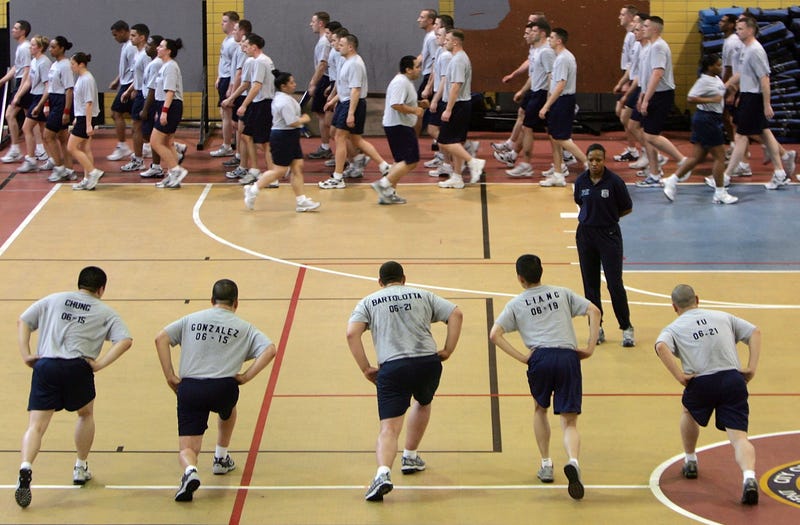
Buffalo, N.Y. (WBEN) - A number of law enforcement agencies across the country are facing widespread vacancies in their police force, which has been brought to light with continued concerns over public safety in communities locally and nationally.
In an attempt to attract more recruits to the police force, many departments have looked into some policy changes for recruitment, loosening a number of requirements to encourage more candidates to come through the doors.
One local law enforcement expert feels all departments facing this challenge are going to have to get creative in finding solutions.
"I think you're going to see more opportunity for those that are interested in law enforcement, and I hope to see a greater respect for the profession, which will help drive more applicants to become police officers," said Jeff Rinaldo, former Buffalo Police captain and now partner at Vista Security Group.
Rinaldo feels some of these changes may benefit any interested individual who may have a limited opportunity based on their address, or the fact that the town they live in isn't hiring, but another municipality is hiring 20 miles down the road.
"I think one of the first things you have to look at is isolating candidates for police jobs to only that municipality, in terms of residency, is really putting a strain on a lot of departments to fill their ranks," Rinaldo said. "At this juncture, and especially where we are with policing in 2024 and the difficulties that departments are having filling their ranks, I think you need to broaden your search beyond your borders."
Another change in policies Rinaldo has noticed with some agencies wanting to recruit more candidates includes a reduction in qualifications somebody has to meet to become a police officer.
"In some jurisdictions, it required a four-year college degree to a two-year degree to a high school diploma. Now we're at a GED equivalency to higher," Rinaldo explained. "I think you do have to be somewhat cautious, in terms of lowering standards, simply because the academy, itself, is college level courses. You don't want to set somebody up to fail, who does not have the appropriate educational background to get through the police academy."
One other notable change Rinaldo points out is more hiring bonuses and things of that nature being offered for new officers, as well as some agencies looking to recent retirees to come back and fulfill the role.
What kind of long-term concerns could Rinaldo see coming out of these policy changes, though? He says departments just need to keep an eye on which qualifications they're looking to change, or even remove.
"They're not going to be hiring people that won't actually make long-term candidates. Law enforcement is a profession where you do want people that are looking to have a career, not just a job, and people that are going to stay with your agency through retirement," Rinaldo said. "You have to just kind of weigh some of the pros and cons to the reduction and some of the hiring standards to ensure that, yes, you're getting it to be much more inclusive, you're getting it to be much more diverse, you're getting it to be much more attractive to people to become police officers. But at the same time, you're not creating a revolving door."
Another concern Rinaldo may have with policy changes includes ensuring recruits are in good physical shape to do the job.
"I'm seeing where some departments now are starting to drop their physical fitness standards, and I think their physical fitness is important because as a community, we do expect our police officers to be put in harm's way. They have to be in a position to physically respond to threats as they emerge," he said.
As for any standards and policies, in particular, that police departments should keep in tact, Rinaldo points to past criminal history and contact with law enforcement being important in this process, as well as some level of an educational component for the position and background and screening programs people have to go through.

